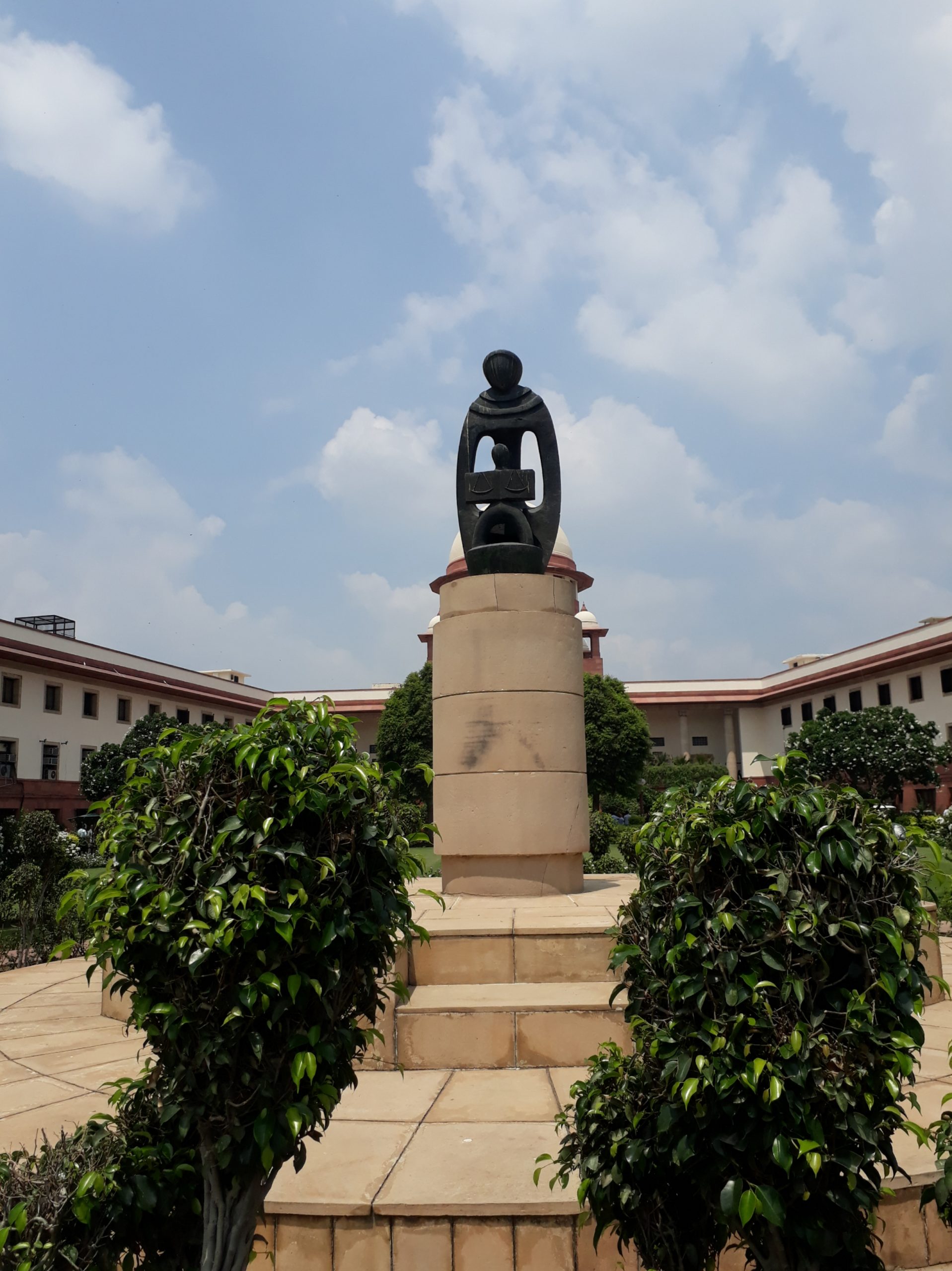The present appeals raise an interesting question on the right to claim set-off in the Corporate Insolvency Resolution Process, when the Resolution Professional proceeds in terms of clause (a) to sub-section (2) of Section 25 of the Insolvency and Bankruptcy Code, 2016[For short, ‘IBC’.] to take custody and control of all the assets of the corporate debtor. (Para 1)
The claims submitted by the Airtel entities were admitted by the Resolution Professional to the extent of Rs.112 crores. Claim on account of receivable of about Rs.5.85 crores owed by Aircel entities to Telenor India, which had been merged with Bharti Airtel Limited, was not accepted. (Para 2.9)
By the letter dated 12th January 2019, the Resolution Professional for Aircel Limited, Dishnet Wireless Limited and Aircel Cellular Limited, wrote to Bharti Airtel Limited, stating that they had suo moto adjusted an amount of Rs.112.87 crores from the amount of Rs.453.73 crores payable by Airtel entities to Aircel entities, consequent to the discharge and cancellation of the bank guarantees. Bharti Airtel Limited was asked to pay Rs.112.87 crores to Aircel entities, which were undergoing Corporate Insolvency Resolution Process, failing which the Resolution Professional would be obligated to take steps for recovery. The Airtel entities objected on several grounds, and also claimed set-off of the amount due to them by the Aircel entities from the amount payable by them to the Aircel entities. Their reply and claim for setoff was rejected by the Resolution Professional. (Para 2.10)
The Airtel entities thereupon approached the Adjudicating Authority in Mumbai, who, vide order dated 1st May 2019 held that the Airtel entities had a right to set off Rs.112.87 crores from the payment, which was retained, and due and payable to Aircel entities. (Para 2.11)
This order was challenged by the Resolution Professional before the National Company Law Appellate Tribunal[For short- ‘NCLAT’.]. The NCLAT vide order dated 17th May 2019 allowed the appeal, inter alia, holding that set-off is violative of the basic principles and protection accorded under any insolvency law. Set-off is antithetical to the objective of the IBC. Reference was made to the non-obstante provisions in the form of Section 238 of the IBC. As moratorium under Section 14(4) applies till the date of completion of the Corporate Insolvency Resolution Process, which is till the resolution plan is approved or the liquidation order is passed, to permit set-off will be contrary to law. Further, the set-off being claimed is in respect of two separate and unrelated transactions. Meaning of set-off and types and principles of set-off. (Para 2.12)
Set-off in generic sense recognises the right of a debtor to adjust the smaller claim owed to him against the larger claim payable to his creditor. (Para 3)
Set-off is given legal preference for three reasons. First, in economic terms, set-off is a form of security recognised in law. It is, however, not a security in a strict sense, but a right that enhances provision of credit and acts as a stimulus to trade and commerce by giving a degree of confidence to parties dealing with each other. Secondly, it helps reduce litigation, promotes economy of time and is an efficient method in resolving debt between parties. Thirdly, natural equity requires that cross-demands should compensate each other by deducting the lesser sum from the greater. (Para 4)
Therefore, we would reject the argument that insolvency set-off is automatic and self-executing. Self-execution may be acceptable in cases of contractual set-off, as held above. (Para 48)
The transaction for purchase of the right to use the spectrum is an entirely different and unconnected transaction. The agreement to purchase the spectrum encountered obstacles because the DoT had required bank guarantees to be furnished. Accordingly, Airtel entities, on the request of Aircel entities had furnished bank guarantees on their behalf. The bank guarantees were returned and accordingly Airtel entities became liable to pay the balance amount in terms of the letters of understanding. The amounts have become payable post the commencement of the Corporate Insolvency Resolution Process. For the same reason, we will also reject the argument that by not allowing set-off, new rights are being created and, therefore, Section 14 of the IBC will not be operative and applicable. Moratorium under Section 14 is to grant protection and prevent a scramble and dissipation of the assets of the corporate debtor. The contention that the “amount” to be set-off is not part of the corporate debtor’s assets in the present facts is misconceived and must be rejected. (Para 50)
SUPREME COURT OF INDIA
2024 STPL(Web) 10 SC
[2024 INSC 15]
Bharti Airtel Limited And Another Vs. Vijaykumar V. Iyer And Others
Civil Appeal Nos. 3088-3089 of 2020-Decided on 03-01-2024.
https://stpllaw.in/wp-content/uploads/2024/01/2024-STPLWeb-10-SC.pdf







